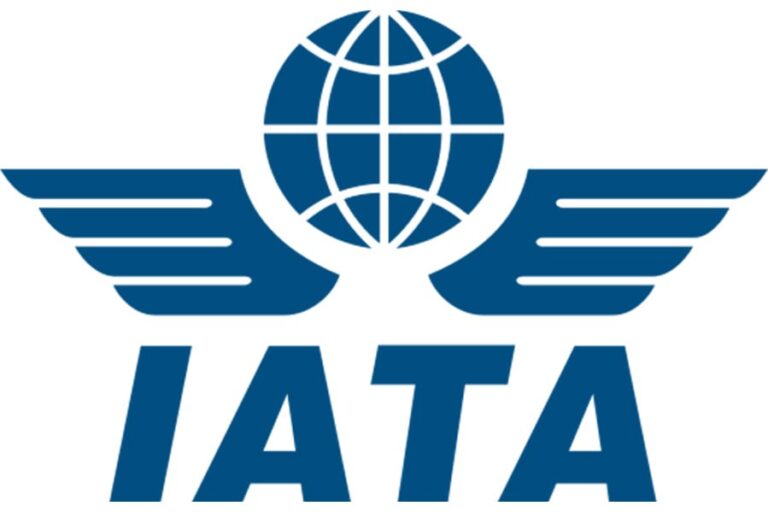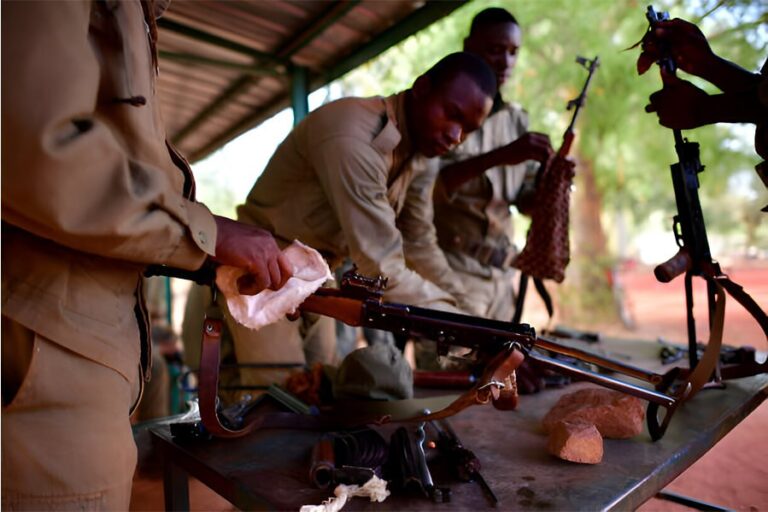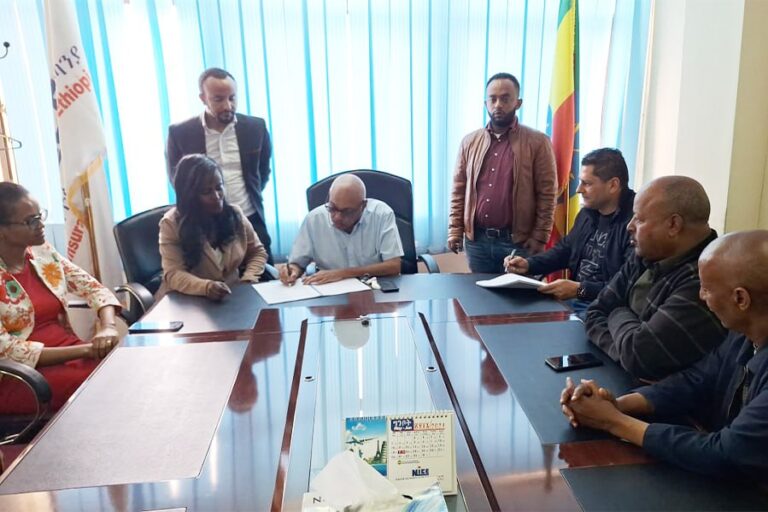The inability of airlines to repatriate funds from ticket sales in Ethiopia is hindering the country’s economic growth and recovery, industry leaders warn.
As of June 2024, Ethiopia had $115 million in airline funds blocked from repatriation, the third highest amount in Africa behind only Algeria ($261 million) and the CFA Franc Zone countries ($140 million). This represents over 13% of the total $880 million in blocked airline funds across the African continent.
“The blocked funds issue is a significant constraint on our ability to invest and operate effectively in the Ethiopian market,” said Kamil Alawadhi, IATA’s Regional Vice President for Africa and the Middle East. “It undermines confidence, limits route network development, and reduces the economic benefits that aviation can deliver for Ethiopia.”
IATA’s latest industry forecast projects that African airlines will return to profitability in 2024, earning a collective net profit of $100 million. However, this equates to just 90 cents per passenger – well below the global average of $6.14 per passenger. Alawadhi noted that the blocked funds crisis in countries like Ethiopia is a major factor holding back the aviation sector’s contribution to economic growth across the continent.
“Aviation is a catalyst for jobs, trade, tourism and economic development. But we can only fulfill that potential if governments ensure airlines can repatriate their revenues without unnecessary barriers,” said Alawadhi. “Resolving the blocked funds issue in Ethiopia and across Africa needs to be an urgent priority.”
IATA’s Focus Africa initiative is working to address this challenge, along with other key priorities such as improving safety, infrastructure, connectivity, sustainability and workforce development. But Alawadhi warned that tangible actions from governments are needed to unlock aviation’s benefits for the continent.
“The solutions are clear. Now we need the political will from Ethiopia and other African nations to implement them. The prize of a growing, efficient and well-connected aviation sector is huge, but it requires meaningful collaboration between industry and government,” he said.







